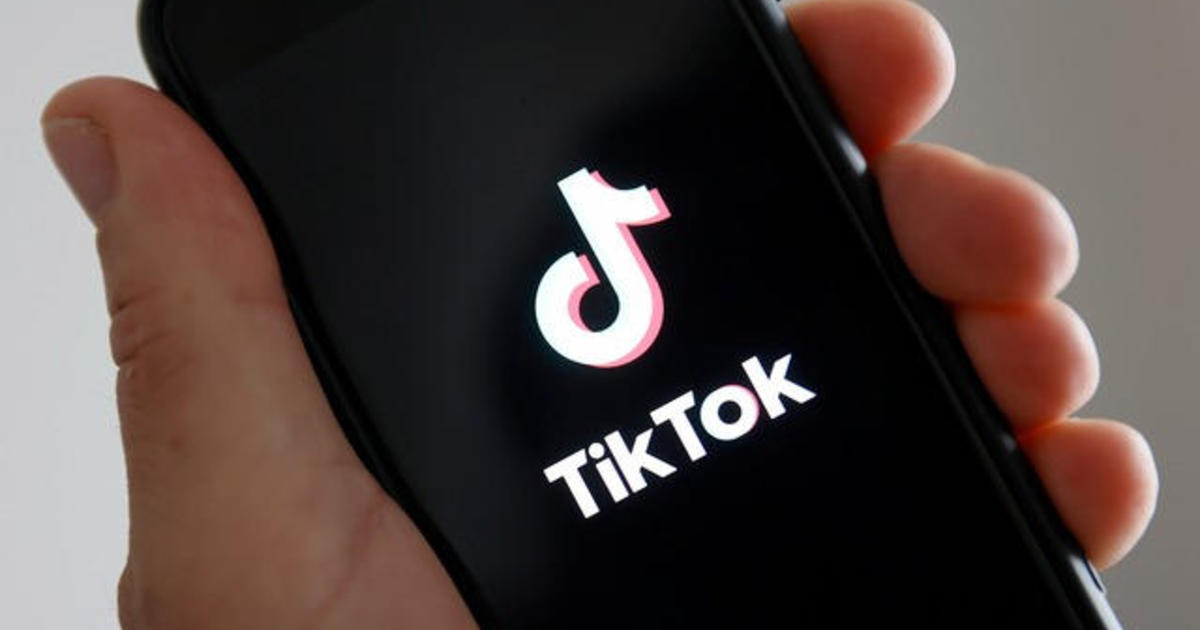Anti-Anxiety Medication, Sleep Aid Use Spike Amid Coronavirus Pandemic
BALTIMORE (WJZ) -- Recent data shows anti-anxiety medications and sleep aids have spiked during the coronavirus pandemic.
A study from the National Center for Health Statistics found one-third of Americans showed signs of clinical depression or anxiety. The data is through May 19, prior to the national protests in the wake of George Floyd's death.
After weeks of isolation and the uncertainty of the pandemic, many people are feeling depressed, anxious or having sleeping problems.
"I think the biggest things that trigger these kinds of feelings are the lack of knowing what's going to happen and the lack of sense of where it will all end," Dr. Drew Pate, the chief of psychiatry at LifeBridge Health, said.
CORONAVIRUS RESOURCES:
- Coronavirus Resources: How To Get Help In Maryland
- TIMELINE: Coronavirus In Maryland, Tracking The Spread
- Latest coronavirus stories from WJZ
- Latest CDC Guidelines
Some doctors are concerned about the long-term effects, saying turning to medications can quickly become a habit.
"The medications which are most used for anxiety are very addictive and we should be very concerned (about) people taking them for the long term," Pate said.
A recent report by Express Scripts found anti-anxiety medication prescriptions have spiked 34 percent during the pandemic, prompting doctors to worry about long-term consequences like addiction and drug abuse.
In addition, popular antidepressants like Zoloft and its generic counterparts have even been added to the FDA's list of drugs currently experiencing shortages.
"For the most part, people should use them as a bridge to getting the right kind of treatment and not really think about them as the long-term solution to anxiety or worry or insomnia," Pate warned.
There are non-clinical ways to cope with stress, Pate said, including having a schedule, routine and expectations and control over each day.
Experts also recommend avoiding alcohol or drugs, exercising and sleeping regularly, making time to unwind and staying connected with loved ones.
For more information about how to cope with coronavirus-related stress, click here.
For the latest information on coronavirus go to the Maryland Health Department's website or call 211. You can find all of WJZ's coverage on coronavirus in Maryland here.



